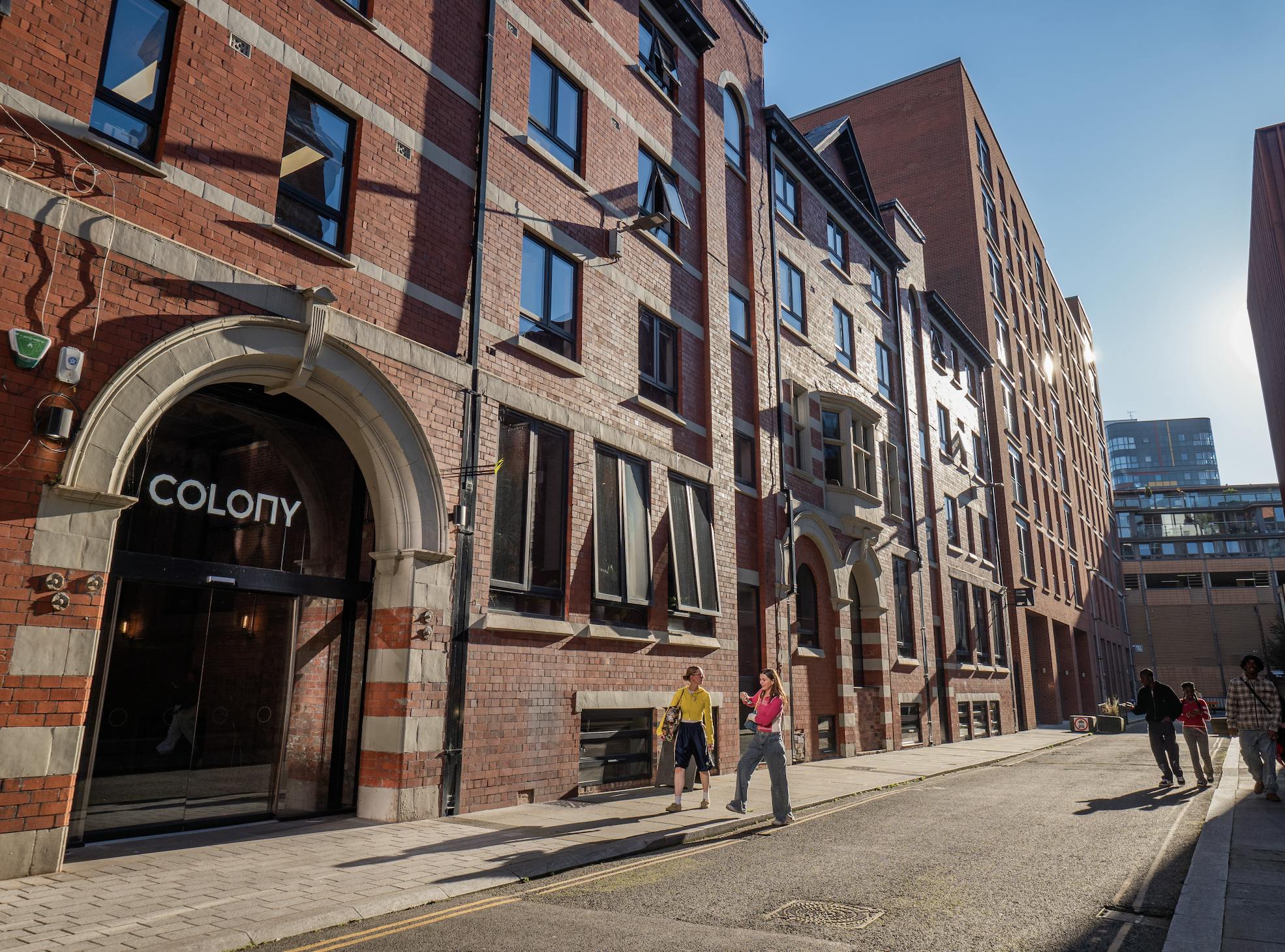
Why Workplace Culture Matters
Strong culture is not just about having a friendly office environment—it’s about building a place where employees feel valued, motivated, and engaged. Positive company culture promotes collaboration, attracts top talent, and ensures long-term success. When people feel part of something meaningful, they are more productive, creative, and loyal, ultimately leading to better business outcomes.
On the flip side, a poor culture can lead to low employee retention, disengagement, and decreased productivity, which can have long-term consequences for a business’s growth and reputation.
Key Elements of a Positive Culture
Workplace culture is multi-faceted and includes elements like:
- Trust and Transparency: Open communication between employees and leadership ensures everyone is aligned and working towards the same goals.
- Inclusivity: A diverse and inclusive environment encourages different perspectives, innovation, and creativity.
- Work-Life Balance: Ensuring employees feel supported in balancing their personal and professional lives fosters loyalty and reduces burnout.
- Recognition and Growth: Regular feedback, opportunities for professional development, and celebrating achievements can build motivation and personal investment in the company’s success.
Exemplars of Great Workplace Culture
We have chosen three outstanding companies that exemplify what it means to create and nurture a positive workplace culture: Manchester Young Professionals, Myerson, and Embryo. These organisations serve as models for how fostering the right environment can empower teams and elevate the entire business.
Manchester Young Professionals
At the core of Manchester Young Professionals’ culture is community. We strive to create a space where members and employees feel valued, connected, and inspired to contribute to the organisation’s mission. Regular events, social activities, and development programs ensure that both our team and members are engaged, empowered, and growing together. We prioritise open dialogue, inclusivity, and personal development, allowing our culture to thrive as we do.
Myerson
As an employee-owned legal firm, Myerson has built a unique culture grounded in collaboration, transparency, and shared responsibility. Their model allows every employee to have a stake in the company’s success, creating a sense of ownership and commitment to both their work and each other. Myerson is a great example of how trust and empowerment can lead to a more cohesive and motivated team, ensuring the highest standards of client service and innovation within the legal sector.
Embryo
Embryo, a leading marketing agency, has a dynamic and vibrant culture focused on innovation, creativity, and inclusivity. They understand the importance of work-life balance, providing their employees with the flexibility to manage their personal and professional commitments effectively. Embryo encourages ongoing learning and growth, with opportunities for professional development and regular recognition of achievements. Their people-centric approach ensures that employees are inspired to produce top-quality work, while also feeling valued and respected.
How to Improve Workplace Culture
Improving workplace culture doesn’t happen overnight—it’s a gradual process that requires commitment, communication, and consistency. Here are some actionable steps businesses can take:
- Lead by Example: Leadership must embody the values and behaviours they want to see in their team.
- Foster Open Communication: Create an environment where feedback is encouraged and valued.
- Invest in Development: Provide opportunities for growth and learning, so employees feel supported in their career progression.
- Prioritise Well-being: Make mental health and work-life balance a priority through supportive policies and resources.
- Celebrate Achievements: Recognise individual and team successes regularly to build a sense of pride and accomplishment.
Conclusion
Culture Week is a chance to reflect on the importance of workplace culture and how it impacts not just the internal team but the overall business. By learning from the examples set by Manchester Young Professionals, Myerson, and Embryo, businesses can begin the journey toward cultivating a positive, inclusive, and high-performing environment. Together, we can build workplaces where people thrive, and success follows.



